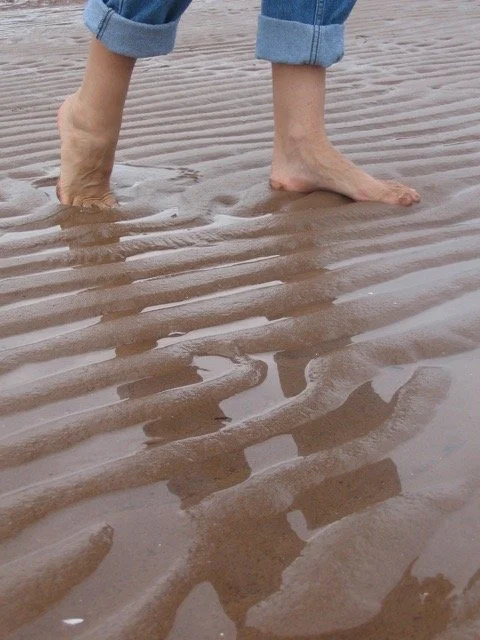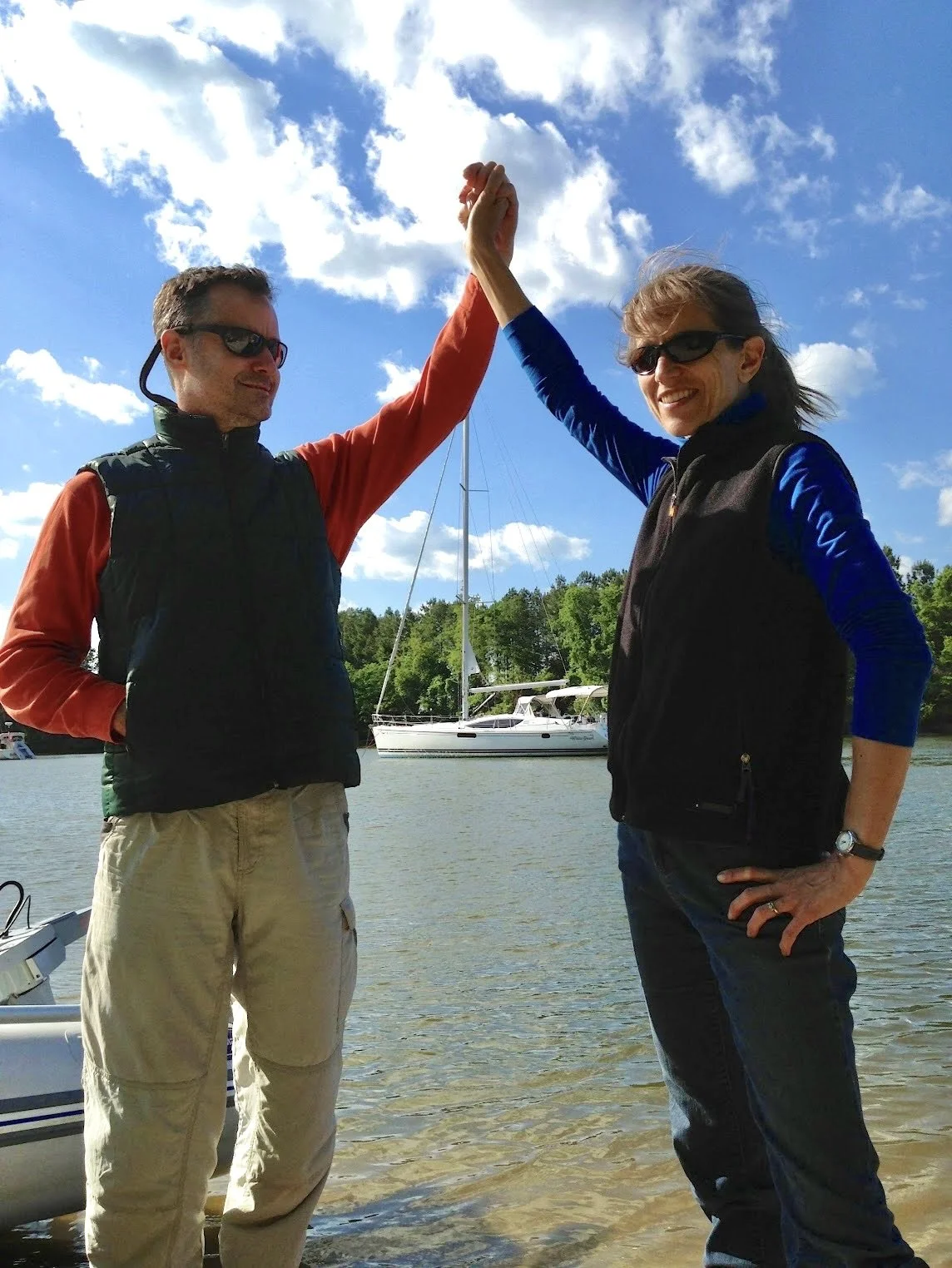Part 5: A Clean Wake Beyond Sailing
Over the past four posts, we’ve explored the many ways in which a wake—whether physical or metaphorical—extends beyond its source. We began with the literal wake of a boat, the wave trailing behind it as it moves through the water. From there, we considered our family’s lived experiences as sailors and how we came to embrace “leaving a clean wake” not just as an environmental principle, but as a guiding philosophy, one which we carried with us when we moved ashore.
We examined the ways in which we all leave tangible wakes—through pollution, waste, and resource use—and how we can take responsibility for the impact we leave behind. But leaving a clean wake isn’t just about avoiding harm. As our experiences in the tiny remote fishing village of Punta Alta showed, it’s also about how we interact with others, how we contribute to communities, and how small choices can ripple outward in unexpected ways. And while we won’t always get it right, what matters is recognizing when we’ve veered off course and making corrections when we can.
In this final post of our introductory series, we take one last step: considering Leaving a Clean Wake as a robust yet adaptable ethical framework that, like the Golden Rule, the Girl Scout Law, or Leave No Trace, can serve as a guide for navigating a life well-lived—one that is good for you, good for others, and ultimately, good for the planet.
And just as a single sailor cannot clean the entire ocean, individual virtue alone is not enough to solve the world’s greatest challenges. Personal commitment can only take us so far; real change requires collective action and institutional support. In future posts, we will explore the interplay between individual responsibility and systemic change—how governments, corporations, and social movements can help shape a world where leaving a clean wake isn’t just an aspiration, but a shared commitment.
At its heart, Leaving a Clean Wake is a philosophy that extends far beyond sailing. The beauty of this idea is its adaptability—it applies in every setting, to anyone, in ways both big and small.
To leave a clean wake is to move through the world intentionally, striving to leave people and places better off for your passage. It means being mindful of your impact, getting in touch with your deepest values, and working to embody them.
Of course, this isn’t the only framework for living ethically—far from it. We’ll explore how Leaving a Clean Wake aligns with other guiding principles like the Girl Scout Law, the Hippocratic Oath, and the Golden Rule in future posts. What makes it unique is its flexibility—it isn’t rigid or prescriptive, and it acknowledges that life is messy.
A Brief Note on Leave No Trace
At first glance, Leaving a Clean Wake might seem similar to Leave No Trace, a well-known set of outdoor ethics. But there’s an important distinction.
• Leave No Trace is focused on minimizing impact in natural spaces—a necessary and valuable framework for outdoor recreation.
• Leaving a Clean Wake, however, is broader—it acknowledges that all of us will leave a trace, whether we intend to or not. The question isn’t whether we leave a wake, but what kind of wake we choose to leave behind.
We’ll explore this contrast in more depth in a future post, but for now, it’s enough to recognize that Leaving a Clean Wake is a larger framework that comfortably contains ideas like Leave No Trace, just as it does the Girl Scout Law and the Golden Rule.
Small Actions, Big Ripples
You don’t have to be a sailor or a backpacker to leave a clean wake. Maybe you’re someone who picks up litter when walking outside, returns your shopping cart, or simply smiles at strangers. Maybe you take a moment to listen when someone needs to be heard. These small acts may seem insignificant, but they ripple outward—sometimes in ways you’ll never see.
A boat’s wake doesn’t just trail behind—it spreads outward in all directions. In the same way, when thinking about leaving a clean wake, we should consider:
• Forward (toward the bow) → The future, where your wake will originate.
• Port & Starboard (left & right) → The present, as your wake actively spreads out.
• Aft (behind you) → The past, the mark you’ve already left.
Wherever you are—in your community, in your work, in your relationships—there are always opportunities to leave a clean wake.
Thinking in these terms can help us live with more integrity, more intentionality, and more authenticity, in alignment with our deepest values. It’s about recognizing that we all leave an imprint on the world and choosing to make that impact a positive one.
And while small actions matter, we also recognize that individual virtue alone can only take us so far.
What if an entire city—or an entire country—made Leaving a Clean Wake a guiding principle? To truly tackle major challenges like plastic pollution and climate instability, action must scale beyond individuals to corporations, NGOs, and governments. Imperfect as they are, regulations like MARPOL and the USCG’s environmental requirements are examples of policies that make a broader impact.
As individuals, we might not write legislation, but we can lobby for change, vote for candidates who support clean-wake policies, and hold institutions accountable. You might be just one person, but so is everyone else—and together, we are far from small.
At the end of the day, we will all leave some kind of mark on the world.
Why not make it a good one?




